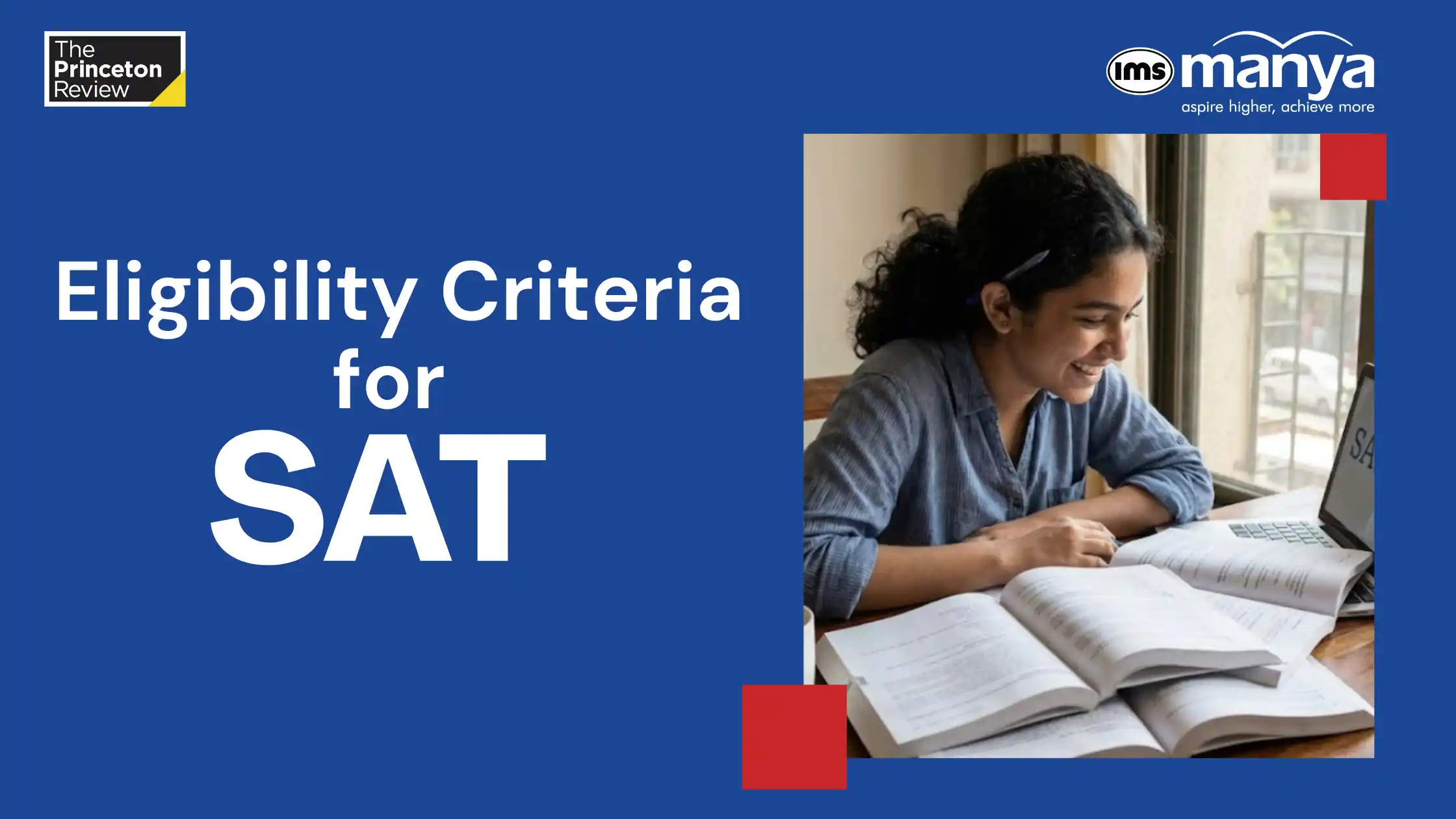
SAT Exam Eligibility Criteria 2026: Key Requirements, A...
The SAT is a standardised test administered by the College Board as an entrance exam for undergradua...
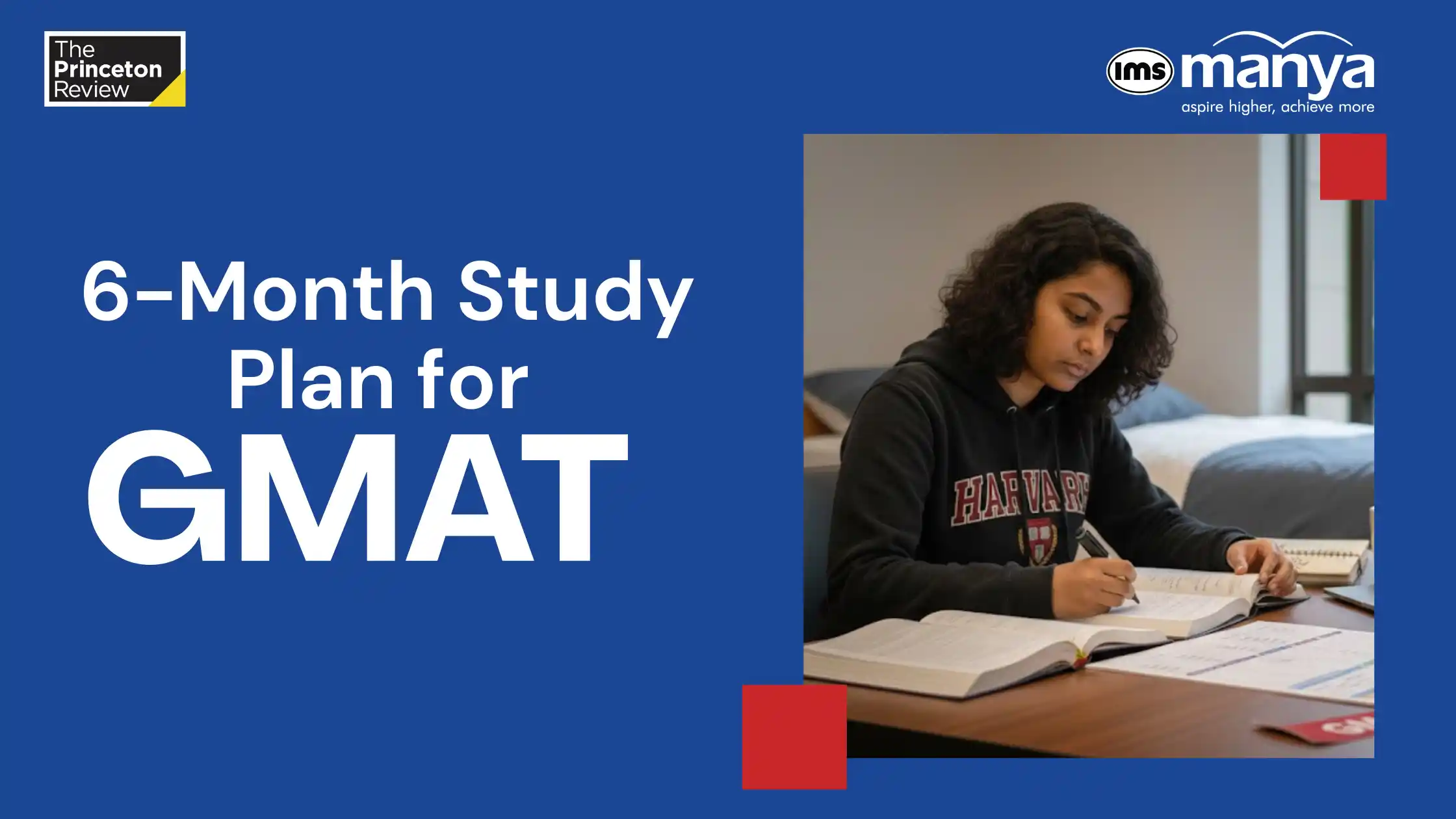
GMAT 6 Month Study Plan 2026 | Week-by-Week Strategy
A GMAT 6 month study plan offers a perfect way to conquer the GMAT Focus Edition, providing six mont...
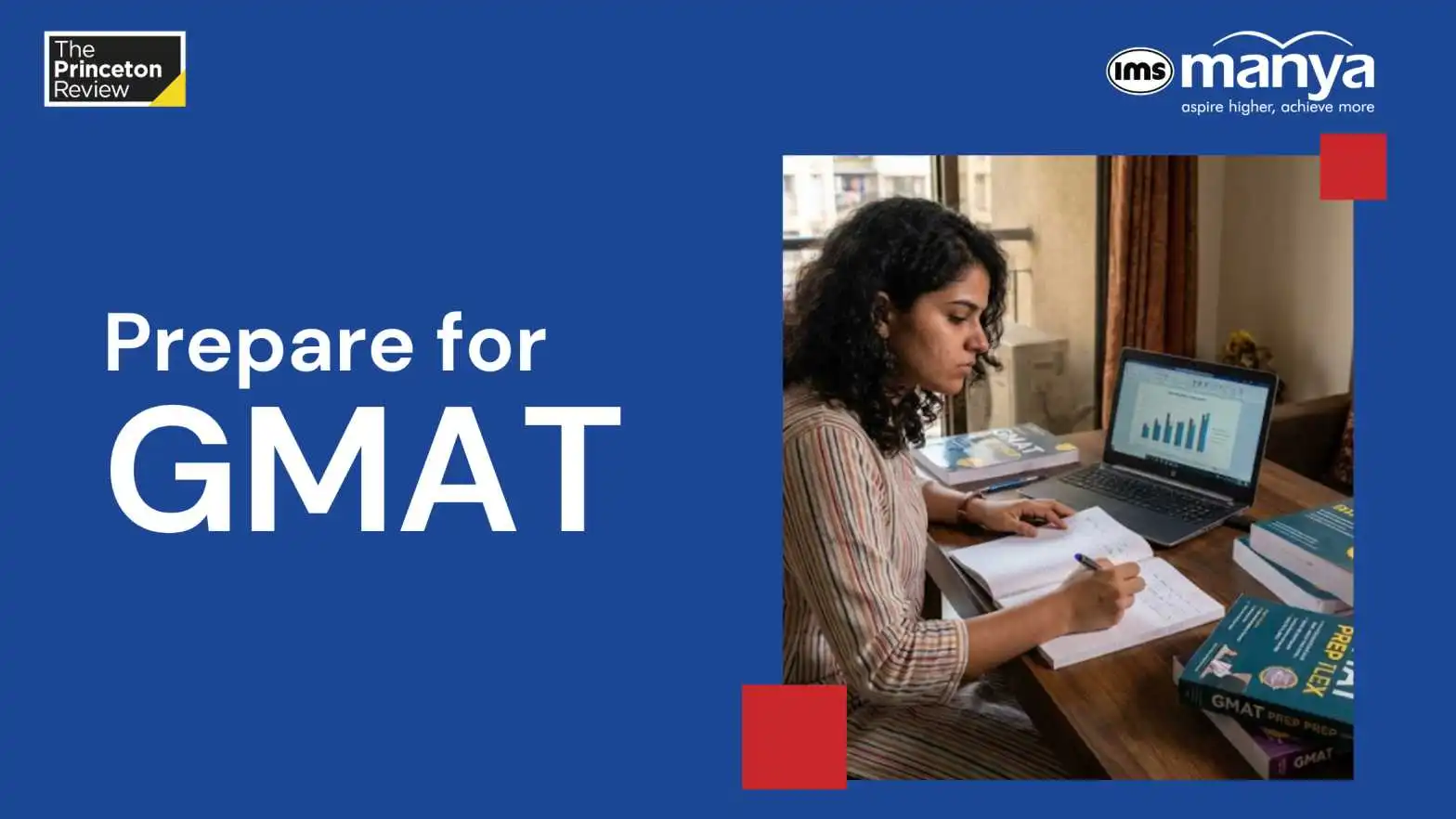
GMAT Preparation Guide 2026: Best Strategy for GMAT Pre...
To prepare for GMAT Focus Edition 2026, students have to start with a diagnostic test, determine the...
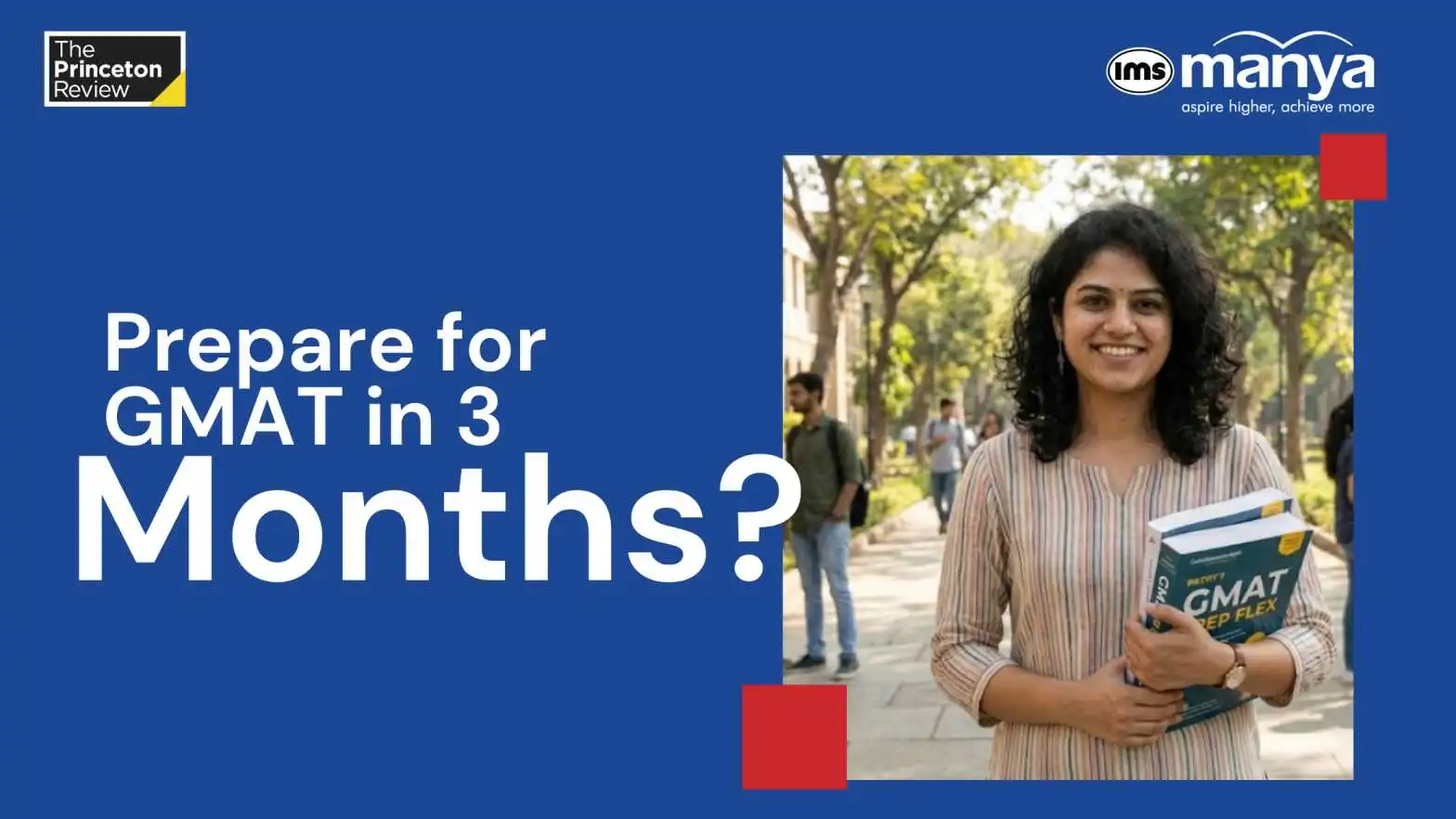
How to Prepare for GMAT in 3 Months
GMAT Focus Edition is a standardised testing, which offers a shorter and more efficient format while...

GMAT Eligibility Criteria 2026: Age Limit, Qualificatio...
Candidates who wish to pursue graduate management or business programs can take the GMAT. Individual...
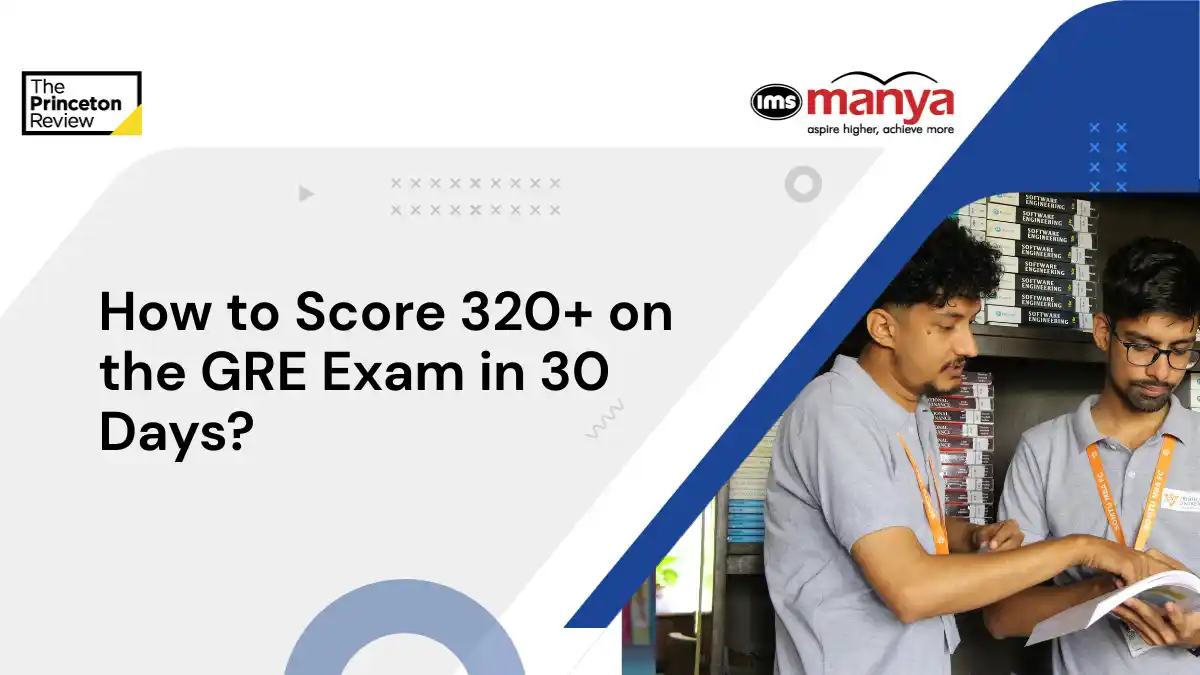
How to Score 320+ on the GRE Exam in 30 Days - Detailed...
How to score 320 in GRE in 30 days: The GRE (Graduate Record Examination), conducted by the ETS, is ...

GRE On-Screen Calculator: How to Use It - In Detailed E...
Preparing for the GRE General Test can feel challenging at times, but with the right strategy and gu...
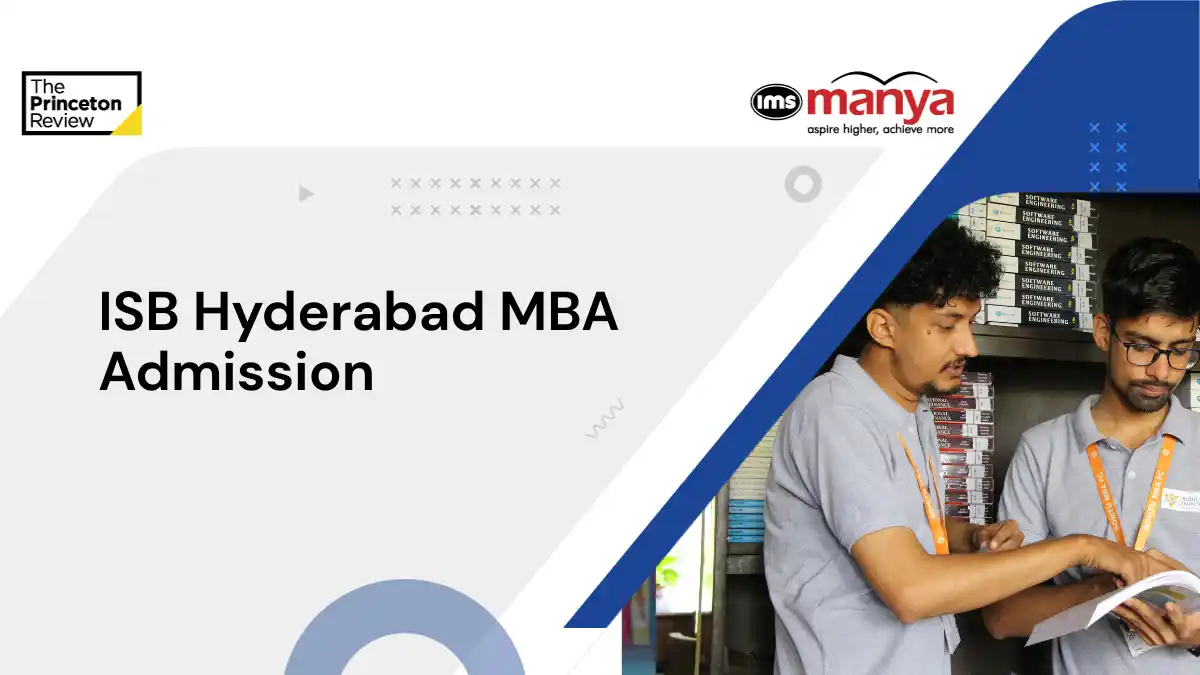
ISB Hyderabad MBA Admission | Fees, Placements, & more
The ISB Hyderabad MBA admission process remains one of the most sought-after management programs in ...
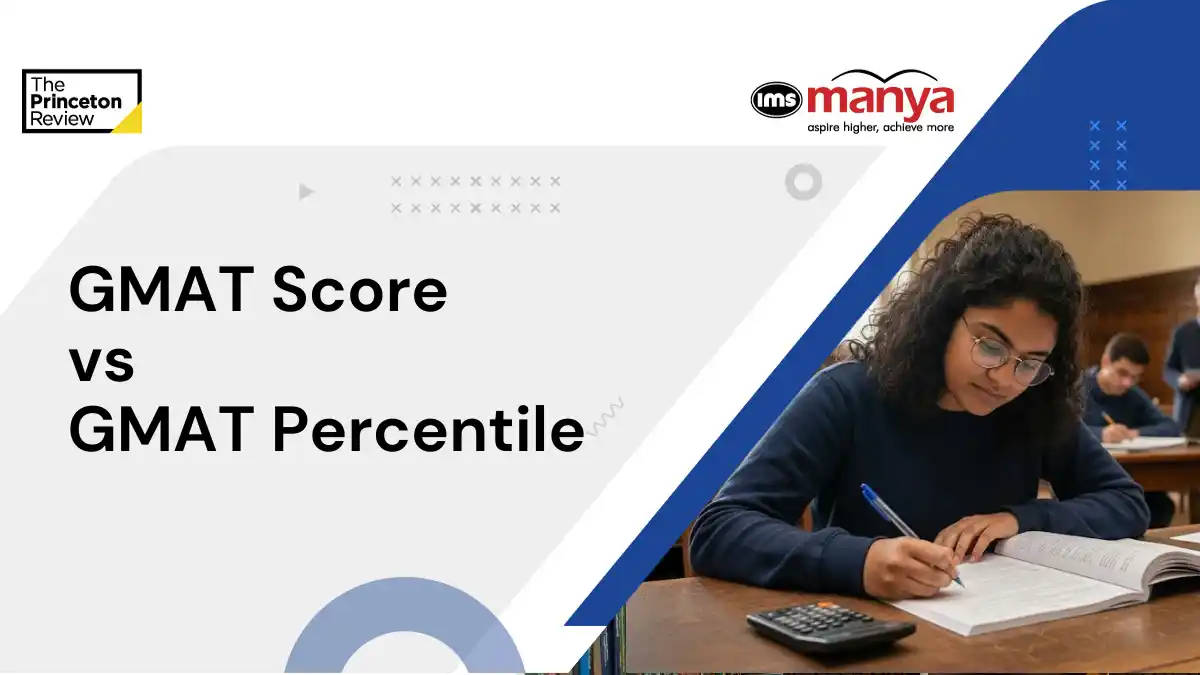
GMAT Score vs GMAT Percentile: A Complete Guide
If you’ve recently looked up GMAT score vs GMAT Percentile, you must have witnessed specific confu...
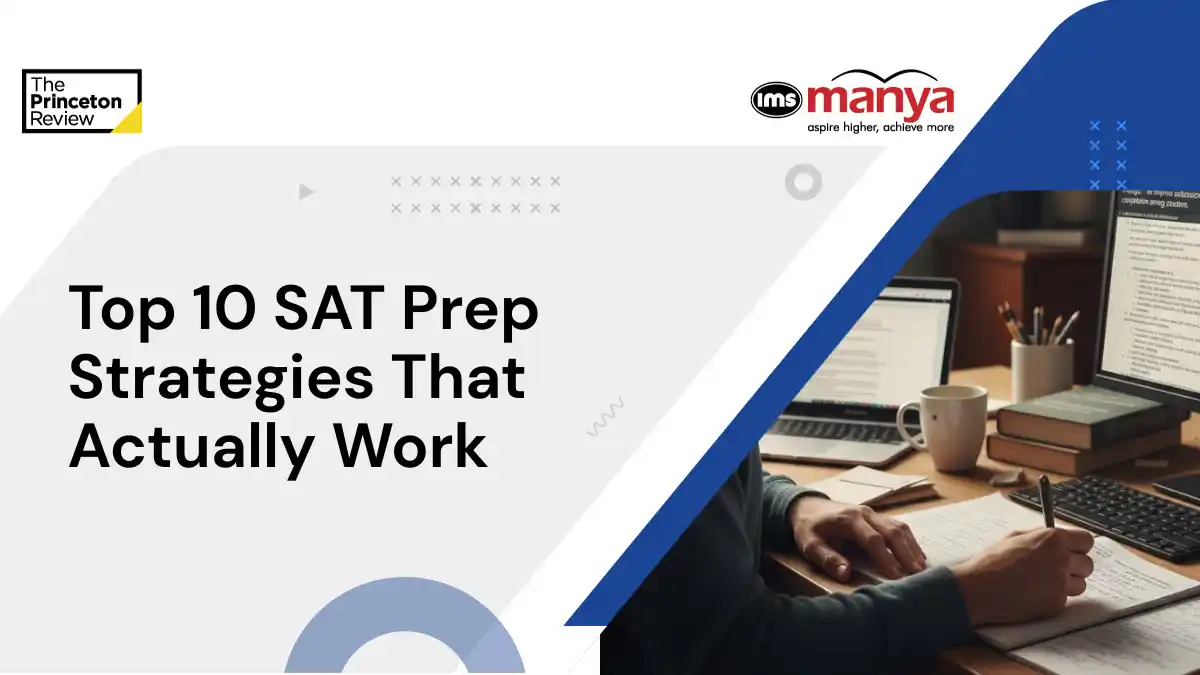
10 Proven SAT Preparation Tricks & Strategies
SAT Prep Strategies can make a huge difference between an average score and a dream score, which ope...
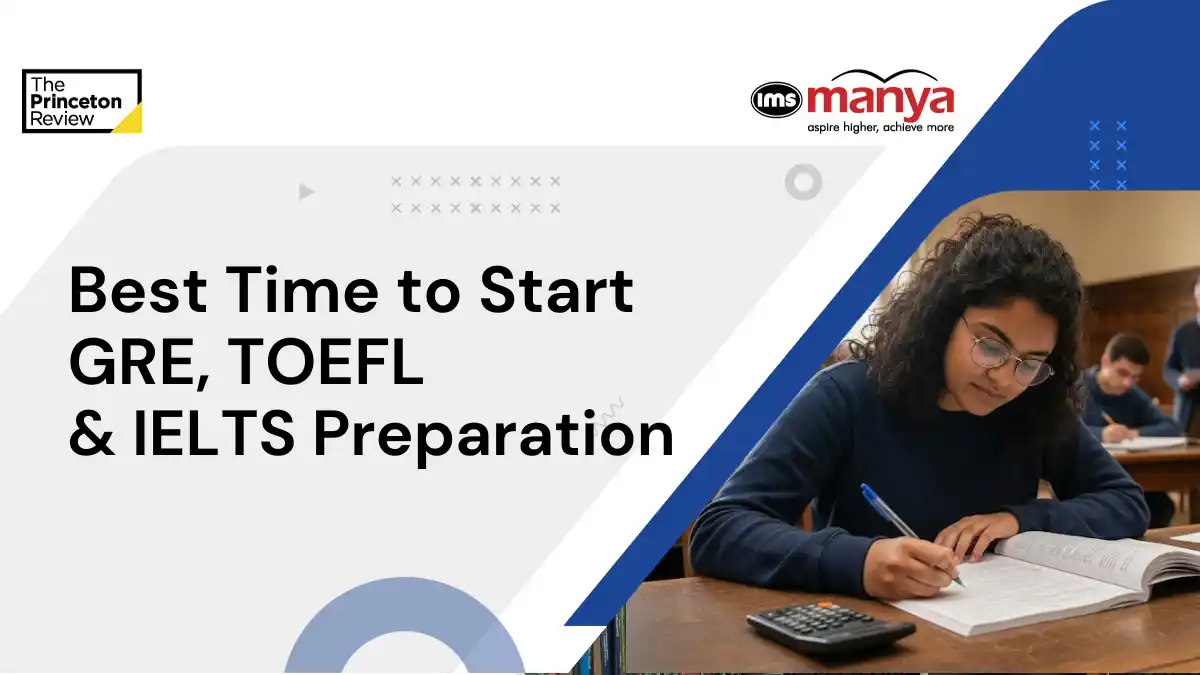
Best Time to Start GRE, TOEFL & IELTS Preparation
The best time to start GRE prep depends on your target test date, current readiness, and whether you...
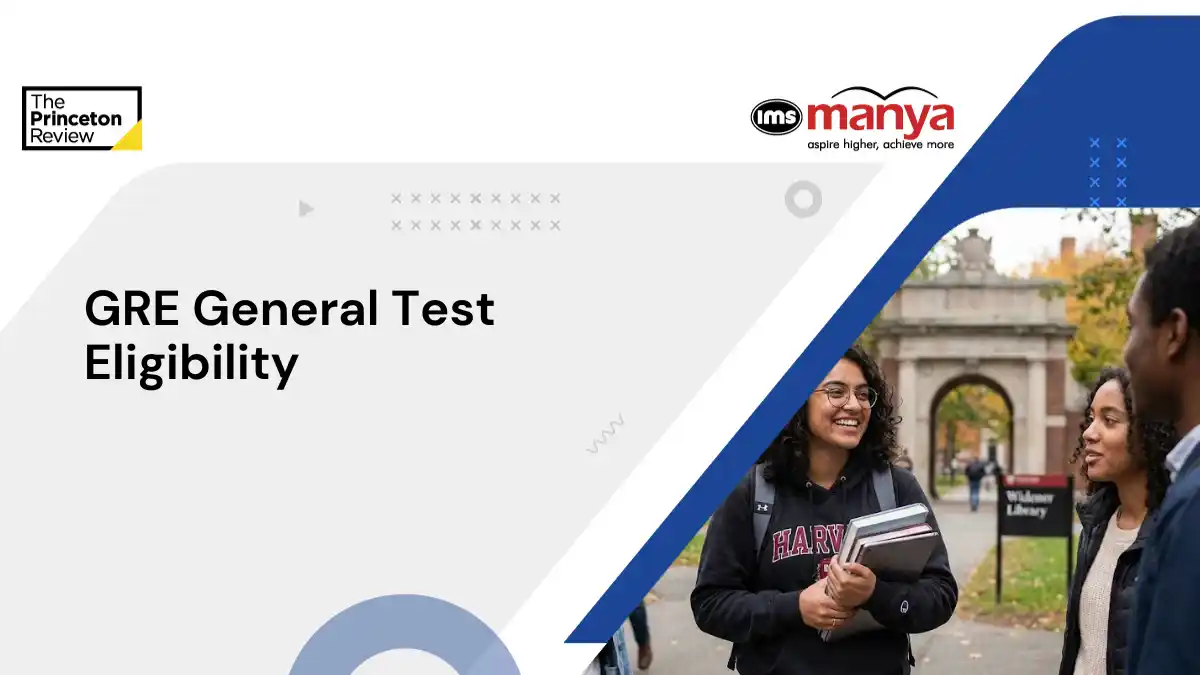
GRE General Test Eligibility: Age Limit, Educational Qu...
There are no official eligibility criteria set by ETS for appearing in the GRE General Test. The GRE...
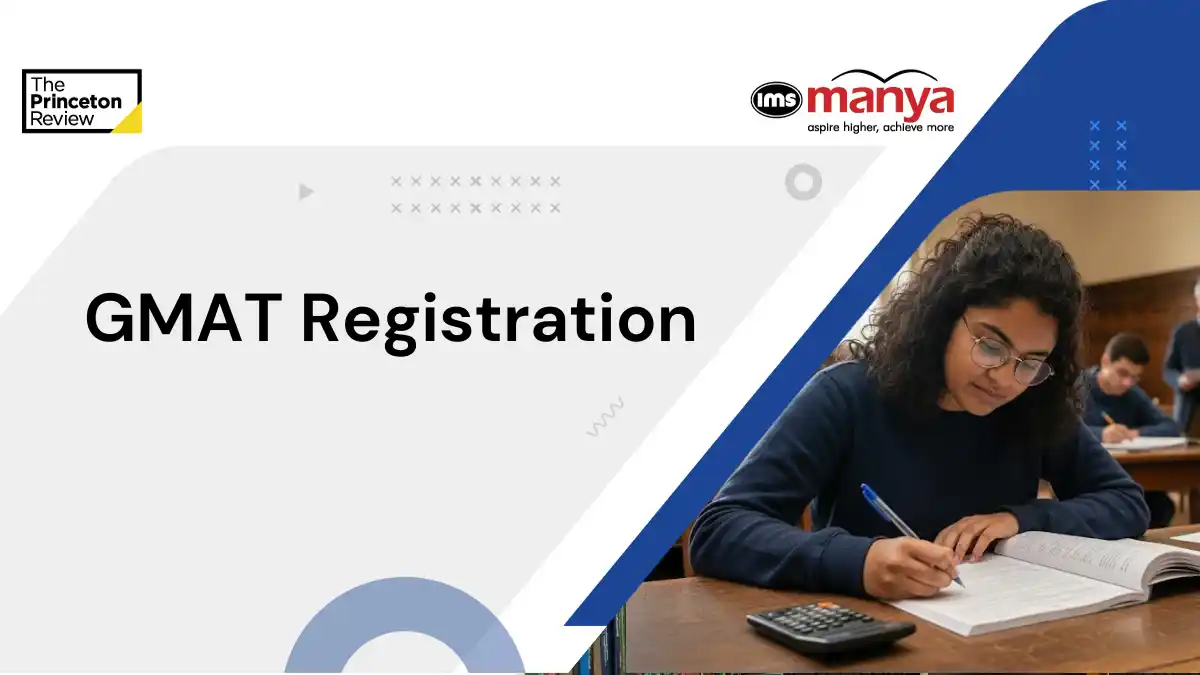
GMAT Registration 2025: Step-by-Step Process, Fees & Im...
GMAT Registration can be completed online by visiting the official GMAC website at mba.com. The Grad...
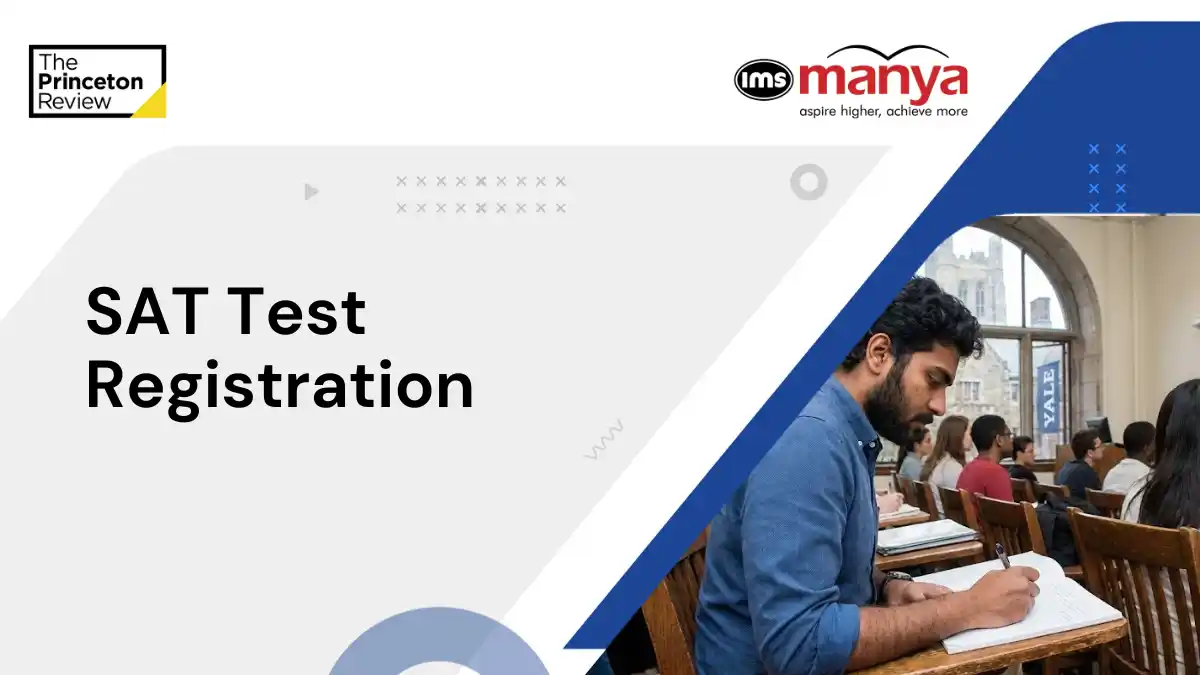
SAT Test Registration 2025: Key Highlights, Process, Da...
The SAT is a globally accepted standardized exam conducted by the College Board. It evaluates a stud...
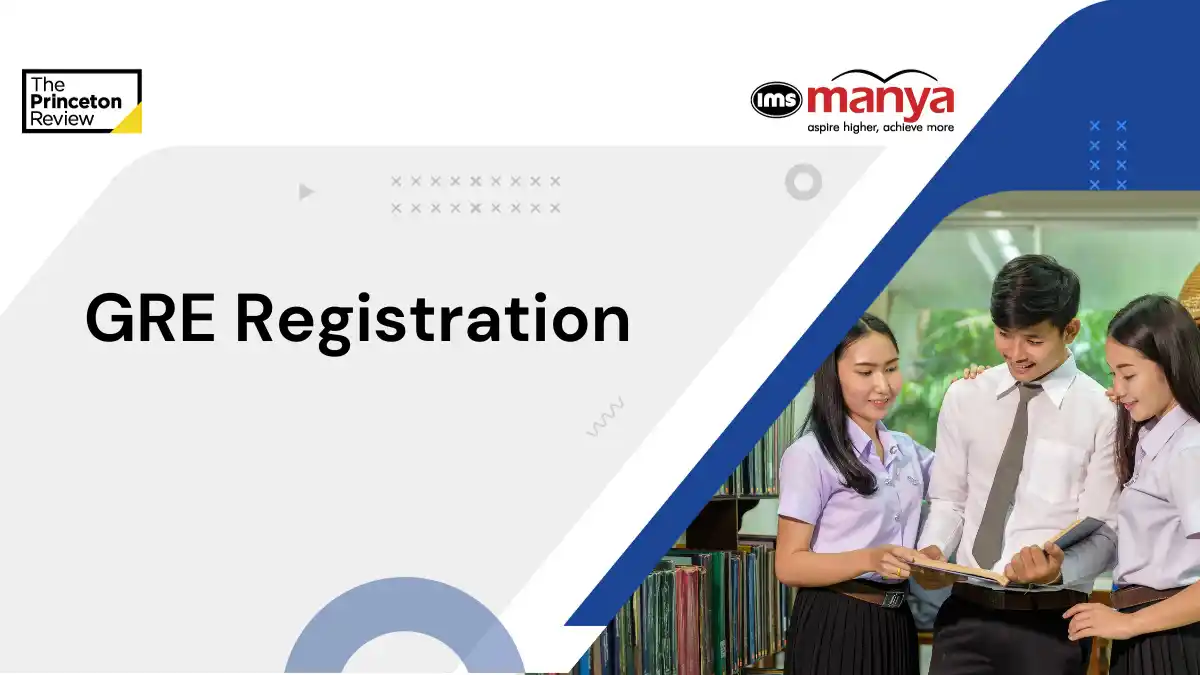
GRE Registration 2025: Step-by-Step Process, Fees & Imp...
The registration is the first and most crucial step to appear for the GRE General Test or the GRE Su...



